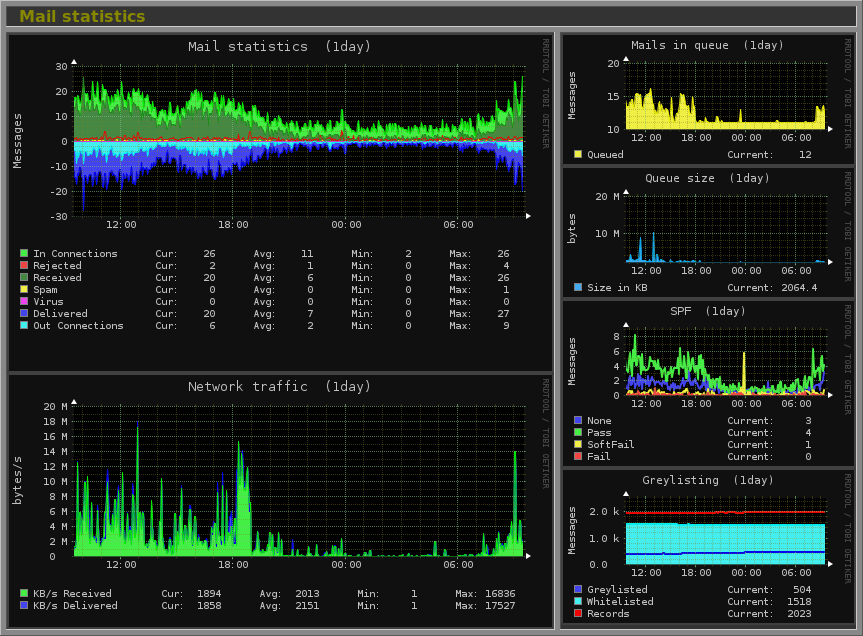

NPM is extremely useful for both mapping networks and determining how your network is performing. My top pick is SolarWinds Network Performance Monitor (NPM).

NETWORK TOOLS DOWNLOAD TRIAL
NETWORK TOOLS DOWNLOAD FULL
Similarly, if you’re considering a free network mapping solution, you should check which kind of network map it offers and whether it will give you the full visibility you need to optimize network performance.īelow, I look at some of the best network mappers on the market and what makes them stand out from the pack. While mapping can be done manually using tools like ping and tracert, followed by a visual mapping or vector program, this process can be prohibitively time-consuming. Of course, all these types of network maps are only as useful as they are accurate, which means you need an appropriate and high-quality tool. Hybrid – A hybrid topology is simply a combination of any or all the above network structures and is very common as networks get larger.It has high failover protection because if one node goes down, the network can reroute the data to get it where it needs to go Mesh – A mesh network has connections between all the nodes and servers, like a lattice or mesh.Star – A star topology has one central node with all others coming off it in a star pattern.With ring and bus topologies, a problem with one node can cause the whole network to go down This is a bit more robust than a bus or ring topology, as with a tree topology, if one of the branches has a problem with a node, the rest of the network will still function. Tree – In a tree topology, a server has multiple branches of nodes coming off it.Ring – In a ring, network the nodes are arranged in a circle, and data can flow around the circle in one or both directions.

Bus – A bus network is set up in a straight line, allowing data to flow through the network from the server to each node one by one.Here are the main network topologies to be aware of: When you map your network, you’re basically mapping its topology into a visual network diagram. The structure can have a major effect on how your network functions, what happens when a device or server goes down, and how complex it is to manage. Networks are set up in different structures, also called topologies. The network map generally equips you with information about whether the network is functioning properly or whether any particular device has a problem. Network mapping is the process of visualizing all the devices on your network, how they’re connected, and how the overall network is structured. These types of network maps are only as useful as they are accurate, which means you need an appropriate and high-quality tool. To note: Since logical and physical network maps depict the same network environment from two different perspectives, it’s best to use both types to get a more comprehensive look at your network.Ī functional network map shows you how application traffic flows through the network physically. This includes IP addresses, firewalls, routers, subnets and subnet masks, traffic flow, voice gateways, and other segments of the network. It shows the type of network topology (bus, ring, etc.), and how the data flows between the physical objects in your network. A physical network map gives you a visual representation of all the material elements of your network and the connections between them.Ī logical map is more abstract than the physical network map. There are three levels of maps to consider-physical, logical, and functional.Ī physical network map diagrams all the actual components of your network, including cords, plugs, racks, ports, servers, cables, and more. While open-source network mapping tools can create a physical network map, they may not offer automated scanning to ensure the map is always up to date. There are two main levels of maps to consider: physical and logical. Skip to Best Network Mappers list > What Are Network Maps? For top-line solutions I recommend SolarWinds ® Network Performance Monitor and Network Topology Mapper, both easy-to-use tools capable of mapping your network along with providing important data and performance metrics. There are a number of quality tools on the market, paid and free, which I’ll go into after a review of the network mapping process. I’ve found using a network mapping tool is a much better approach-especially if it can map your network for you automatically. But approaching this process manually with a large or complex network can quickly become overwhelming. Mapping your network is vitally important for keeping on top of how it’s performing, as well as for pinpointing bottlenecks or network issues, and troubleshooting problems.


 0 kommentar(er)
0 kommentar(er)
